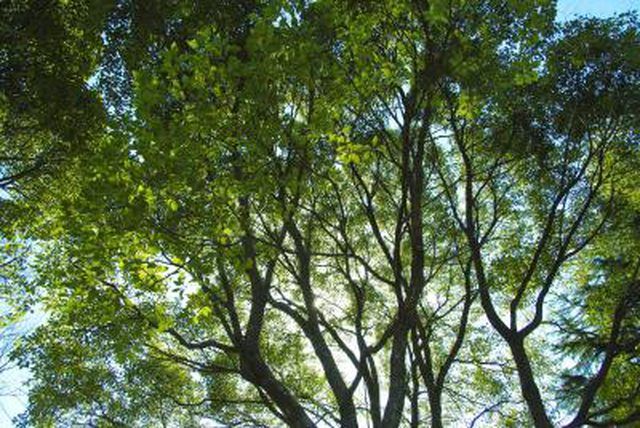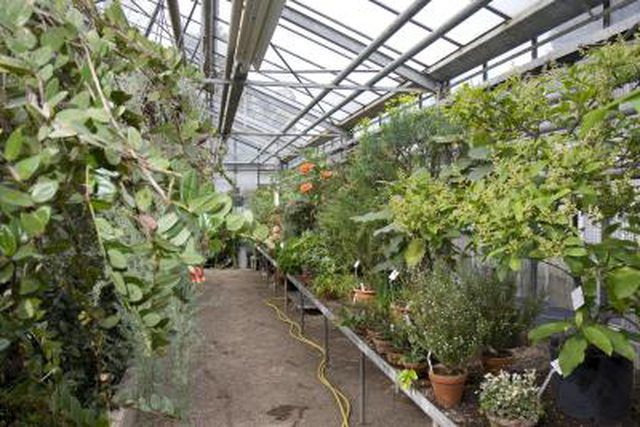Bulbs
Flower Basics
Flower Beds & Specialty Gardens
Flower Garden
Garden Furniture
Garden Gnomes
Garden Seeds
Garden Sheds
Garden Statues
Garden Tools & Supplies
Gardening Basics
Green & Organic
Groundcovers & Vines
Growing Annuals
Growing Basil
Growing Beans
Growing Berries
Growing Blueberries
Growing Cactus
Growing Corn
Growing Cotton
Growing Edibles
Growing Flowers
Growing Garlic
Growing Grapes
Growing Grass
Growing Herbs
Growing Jasmine
Growing Mint
Growing Mushrooms
Orchids
Growing Peanuts
Growing Perennials
Growing Plants
Growing Rosemary
Growing Roses
Growing Strawberries
Growing Sunflowers
Growing Thyme
Growing Tomatoes
Growing Tulips
Growing Vegetables
Herb Basics
Herb Garden
Indoor Growing
Landscaping Basics
Landscaping Patios
Landscaping Plants
Landscaping Shrubs
Landscaping Trees
Landscaping Walks & Pathways
Lawn Basics
Lawn Maintenance
Lawn Mowers
Lawn Ornaments
Lawn Planting
Lawn Tools
Outdoor Growing
Overall Landscape Planning
Pests, Weeds & Problems
Plant Basics
Rock Garden
Rose Garden
Shrubs
Soil
Specialty Gardens
Trees
Vegetable Garden
Yard Maintenance
Why Do Plants Need Photosynthesis & Cellular Respiration?
Why Do Plants Need Photosynthesis & Cellular Respiration?. During photosynthesis, plants produce the substance they require to survive and store it until they need it. During cellular respiration, plants carry out chemical reactions to derive energy from the products of photosynthesis.
During photosynthesis, plants produce the substance they require to survive and store it until they need it. During cellular respiration, plants carry out chemical reactions to derive energy from the products of photosynthesis.

During photosynthesis, plants transform light energy into chemical energy that living organisms can use. Plants absorb water from the soil and carbon dioxide from the air to produce sugars. Plants also release oxygen as a by-product during photosynthesis.

During glycolysis, plants convert the simple sugar known as glucose into pyruvic acid and produce energy. This process occurs with or without oxygen in the cytoplasm of plant cells.

During cellular respiration, plants use oxygen to further break down the products of glycolysis in the mitochondria of plant cells. This process releases more energy, carbon dioxide and water.
